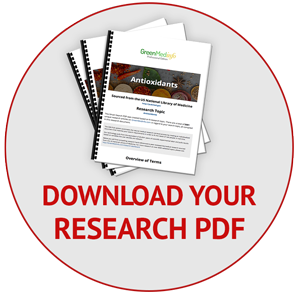Pubmed Data : Complement Ther Med. 2020 Mar ;49:102325. Epub 2020 Jan 23. PMID: 32147053
Article Published Date : Feb 29, 2020
Study Type : Human Study
Additional Links
Substances : Salt
Diseases : Diabetic Ulcer, Peripheral Neuropathies
Pharmacological Actions : Analgesics






